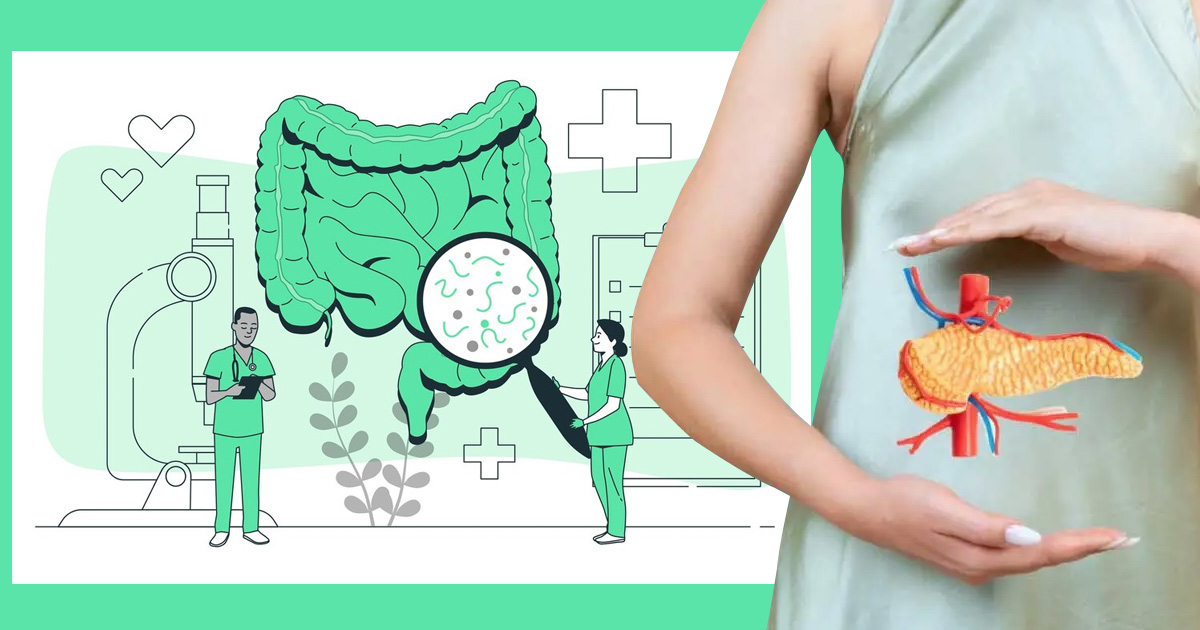Pancreatic Cancer Prevention: Lifestyle Changes and Risk Reduction Strategies

Pancreatic cancer is not very common, but it’s one of the deadliest types of cancer because it’s hard to detect early. In the U.S., about 60,000 people are diagnosed with it each year, and it causes nearly 8% of all cancer-related deaths. While there’s no guaranteed way to prevent it, making healthy lifestyle changes and knowing your risk factors can reduce your chances.
What Is the Cancer of the Pancreas?
Pancreatic cancer happens when the cells in the pancreas grow out of control. The pancreas is located behind your stomach and helps with digestion and blood sugar regulation. Most cases develop in the part of the pancreas that makes digestive enzymes.
It’s a tough cancer to catch early because symptoms often appear only after it has spread. This is why prevention is so important.
Who Is at Higher Risk?
Some people have a higher chance of developing pancreatic cancer than others. Risk factors include:
- Smokers are two to three times more likely to develop pancreatic cancer than non-smokers.
- The majority of cases happen in people over 55.
- Being overweight can increase your risk by 20%.
- If close relatives have had pancreatic cancer, your risk goes up.
- Long-term diabetes, pancreatitis (inflammation of the pancreas), or liver diseases like cirrhosis can make you more vulnerable.
If you’re in one of these groups, prevention should be a priority.
Lifestyle Changes to Lower Your Risk
Changing certain habits can greatly reduce your chances of getting pancreatic cancer. Here are some proven ways to stay healthier:
Quit Smoking
- Smoking is one of the biggest risk factors for pancreatic cancer. If you smoke or vape, take steps to quit. This is one of the most effective ways to avoid pancreatic cancer. Nicotine patches, gum, or help from a doctor can make the process easier.
Stay Active
Exercise helps maintain a healthy weight and lowers inflammation in your body. Aim for:
- 30 minutes of moderate activity (like walking) five times a week or,
- 75 minutes of more vigorous activity (like jogging) weekly.
- Add in strength training twice a week for extra benefits.
Drink Less Alcohol
- Heavy drinking causes damage to the pancreas, increasing the risk of issues like chronic pancreatitis, which is closely linked to pancreatic cancer. Keep alcohol intake low, or avoid it altogether.
Protect Yourself From Harmful Chemicals
- If your job exposes you to dangerous chemicals (like in metalworking), always follow safety guidelines and use protective equipment.
Foods to Eat for Pancreatic Cancer Prevention
Your diet plays a big role in reducing cancer risk. Here’s what you should eat more of:
Fruits and Vegetables
- Foods rich in antioxidants, like berries, carrots, and spinach, help fight cell damage.
- Cruciferous vegetables, such as broccoli and kale, contain compounds that can block cancer cell growth.
Whole Grains
- Brown rice, oats, and whole-grain bread provide fiber, which supports digestion and keeps blood sugar steady.
Healthy Fats
- Fatty fish (like salmon), nuts, seeds, and olive oil contain anti-inflammatory fats that promote overall health.
Creating a diet to prevent pancreatic cancer isn’t complicated. Adding nutrient-rich foods to your meals can go a long way.
Foods to Avoid to Lower Risk
If you’re worried about pancreatic cancer, there are some foods you should cut back on:
Processed Meats
- Sausages, hot dogs, and bacon contain harmful substances that can increase cancer risk.
Sugary Foods
- Candy, soda, and pastries can lead to unhealthy weight gain and insulin resistance. Choose healthier snacks instead.
Unhealthy Fats
- Fried and fast food should be avoided, as they contribute to obesity and inflammation, both of which increase your risk.
When people talk about pancreatic cancer foods to avoid, these are the main culprits. Limiting them makes a big impact.
Other Preventive Measures
Watch for Family History
- If pancreatic cancer runs in your family, talk to your doctor about genetic testing. This might help catch potential problems early.
Get Regular Checkups
- Even though there’s no standard screening test for pancreatic cancer, seeing your doctor regularly can help identify other health issues that might be related.
Manage Stress
- Stress can weaken your immune system over time. Practices like yoga, meditation, or simply taking a walk can reduce stress and boost health.
A Healthy Path Forward for Patients With Pancreatic Cancer
Pancreatic cancer is a serious disease, but taking steps to lead a healthier lifestyle can make a big difference. Applying all the preventive measures mentioned above not only helps lower your chances of developing pancreatic cancer but can also benefit those already diagnosed. These changes can strengthen your body, improve your immune system, and increase your chances of better survival and quality of life during treatment.
Prevention and care go hand in hand. Whether you’re working to avoid pancreatic cancer or managing it, small steps can lead to meaningful improvements in your overall health. Focus on lasting changes, take it one day at a time, and remember that every positive choice brings you closer to living a healthier, fuller life.
